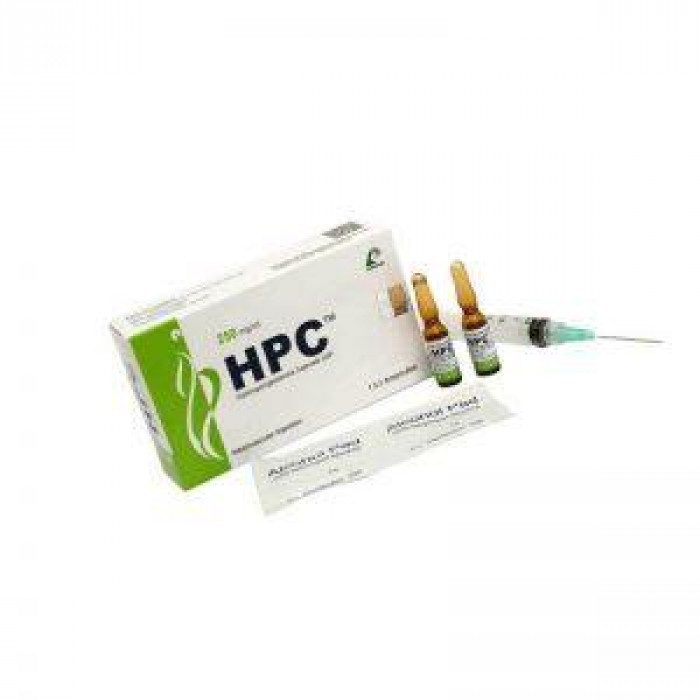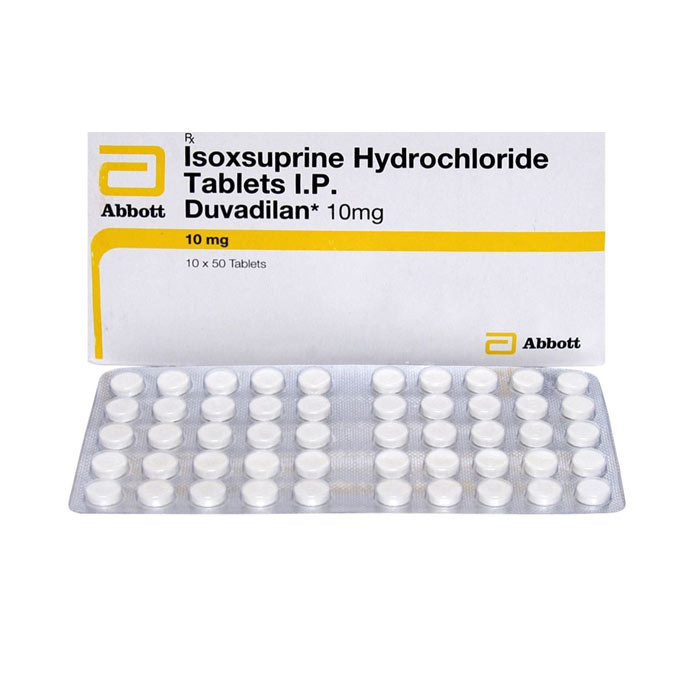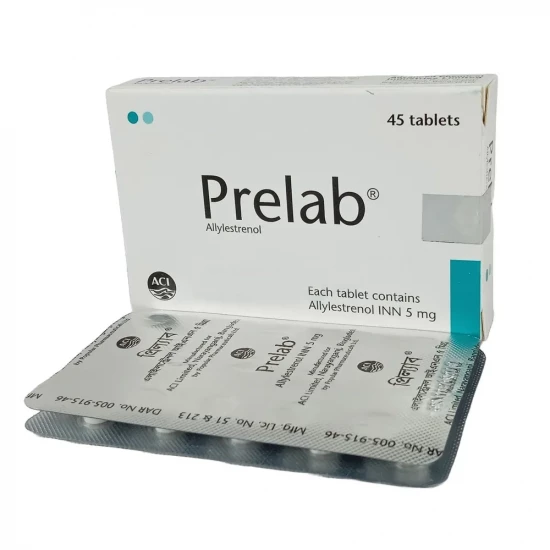
✔ 100% Authentic Product
👁️ Currently Viewing 4054
HPC Injection is indicated-
- To lower the risk of preterm delivery in women carrying a singleton who have previously experienced spontaneous singleton preterm birth.
- For individuals 16 years of age or older who have a history of spontaneous premature delivery in order to avoid preterm labor in a singleton pregnancy.
📄Prescription Required
Discount
Price: ৳ 808
MRP:
৳
850
5%
Off

100% Genuine Products, Guaranteed

Safe & Secure Payments, Always

Fast, Secure & Efficient Delivery

Proper Packaging
 Cash on Delivery - All over Bangladesh
Cash on Delivery - All over Bangladesh Regular Delivery - 12-24 Hours, Dhaka City* Charge Tk.39-59
Regular Delivery - 12-24 Hours, Dhaka City* Charge Tk.39-59 Regular Delivery - 24-48 Hours, Other Cities* Charge Tk.99-110
Regular Delivery - 24-48 Hours, Other Cities* Charge Tk.99-110
 ফ্রি ডেলিভারিঃ - ৯৯৯ টাকা+ অর্ডারে, ঢাকা
শহরে
ফ্রি ডেলিভারিঃ - ৯৯৯ টাকা+ অর্ডারে, ঢাকা
শহরে ফ্রি ডেলিভারিঃ - ২৯৯৯ টাকা+ অর্ডারে, ঢাকার
বাহিরে
ফ্রি ডেলিভারিঃ - ২৯৯৯ টাকা+ অর্ডারে, ঢাকার
বাহিরে
100% Genuine Products, Guaranteed
Safe & Secure Payments, Always
Fast, Secure & Efficient Delivery
Proper Packaging
 Cash on Delivery - All over Bangladesh
Cash on Delivery - All over Bangladesh Regular Delivery - 12-24 Hours, Dhaka City* Charge Tk.39-59
Regular Delivery - 12-24 Hours, Dhaka City* Charge Tk.39-59 Regular Delivery - 24-48 Hours, Other Cities* Charge Tk.99-110
Regular Delivery - 24-48 Hours, Other Cities* Charge Tk.99-110 ফ্রি ডেলিভারিঃ - ৯৯৯ টাকা+ অর্ডারে, ঢাকা
শহরে
ফ্রি ডেলিভারিঃ - ৯৯৯ টাকা+ অর্ডারে, ঢাকা
শহরে ফ্রি ডেলিভারিঃ - ২৯৯৯ টাকা+ অর্ডারে, ঢাকার
বাহিরে
ফ্রি ডেলিভারিঃ - ২৯৯৯ টাকা+ অর্ডারে, ঢাকার
বাহিরে
✅ Description:
- Progestins, which are synthesized versions of the female hormone progesterone, include Hydroxyprogesterone.
- In women who have previously given birth prematurely once, Hydroxyprogesterone is administered to reduce the likelihood of another preterm delivery. Once preterm labor has started, Hydroxyprogesterone cannot halt it.
- In women who are carrying more than one child, Hydroxyprogesterone should not be used. (twins, triplets, etc).
Safety Advices

Alcohol
CONSULT YOUR DOCTOR
It is not known whether it is safe to consume alcohol with HPC Injection. Please consult your doctor.

Pregnancy
SAFE IF PRESCRIBED
HPC Injection is generally considered safe to use during pregnancy. Animal studies have shown low or no adverse effects to the developing baby; however, there are limited human studies.

Breastfeeding
SAFE IF PRESCRIBED
HPC Injection is safe to use during breastfeeding. Human studies suggest that the drug does not pass into the breastmilk in a significant amount and is not harmful to the baby. Nonhormonal contraceptives are preferred in breastfeeding women, especially during the first 4 weeks of postpartum

Driving
SAFE
HPC Injection does not usually affect your ability to drive.

Kidney
CONSULT YOUR DOCTOR
There is limited information available on the use of HPC Injection in patients with kidney disease. Please consult your doctor. This medicine contains progesterone which can cause fluid retention in patients with underlying kidney disease.

Liver
UNSAFE
HPC Injection is probably unsafe to use in patients with liver disease and should be avoided. Please consult your doctor.
✔️ Uses of HPC Injection
- Premature Labor
✔️ How to use HPC Injection
Your doctor or nurse will give you this medicine. Kindly do not self-administer.
✔️ How HPC Injection works
HPC Injection is a progestin (female hormone). It works by modulating the immune response of the mother to prevent the rejection of the embryo and allow its attachment to the uterus. This prevents miscarriage and helps lower the risk of premature birth in women who have had one premature delivery in the past.
✔️ Quick Suggestions:
- Pregnant women who utilize HPC Injection had a decreased chance of having an early delivery. (preterm birth).
Only women who have previously delivered prematurely are eligible for it.
It should not be used by women who are carrying more than one child. (twins, triplets, etc.).
It is only given by your doctor or when they are directly in charge of you. Between weeks 16 and 20, your doctor can begin administering the injection once a week, continuing until week 37 or until delivery, whichever comes first.
The amount of blood sugar may be impacted. Regularly check your blood sugar. - If you have stomach pain, black urine, or yellowing of the skin or eyes, let your doctor know. These signs of a potentially catastrophic liver issue might exist.
While taking this medication, let your doctor know right away if you experience any chest, groin, or leg discomfort, trouble breathing, a sudden, severe headache, slurred speech, sudden, unexplained shortness of breath, a sudden lack of coordination, or visual changes.
✔️ Side effects of HPC Injection
- Nausea
- Itching
- Diarrhea
- Hives
- Nodules
Inform your doctor immediately if you have pain in the chest, groin, or legs, difficulty with breathing, sudden severe headache, slurred speech, sudden unexplained shortness of breath, a sudden loss of coordination, or vision changes while using this medicine.
✔️ Indications of HPC Injection
Pregnant women who use HPC Injections are less likely to deliver their babies too soon by reducing the risk of premature labor (preterm birth). In women who have already experienced one premature birth, it lowers the risk of premature birth and prevents miscarriage. Only doctors or those working under their supervision may administer HPC Injections. You should consider it to be medical advice. Your doctor will determine how much medication you require and for how long. As long as it has been prescribed for you, you should administer this injection.
✔️ Pharmacology
The mechanism by which progesterone prevents preterm delivery is unknown, despite the fact that many potential pathways are involved. Progesterone regulates the female reproductive system and is crucial for successful embryo implantation and pregnancy maintenance. It binds to progesterone receptors in numerous organs, including the uterus, ovaries, breasts, and central nervous system, to accomplish this. Neither PR-A nor PR-B has a single isoform. Progesterone, which these receptors bind, controls the transcription of genes.
✔️ Dosage of HPC Injection
Progestin is HPC Injection (female hormone). It functions by regulating the mother's immune response to stop the embryo from being rejected and to enable its attachment to the uterus. In women who have already experienced one premature birth, this helps reduce the risk of miscarriage and lowers the likelihood of premature birth.
Administer 500 mg or 250 mg intramuscularly once a week. Start the course of treatment between 16 weeks and 20 weeks and 6 days after conception. Maintain weekly administration until week 37 (36 weeks, 6 days through delivery), whichever comes first.
✔️ Administration of HPC Injection
- Clean the ampoule top with an alcohol swab before use.
- Draw up 1 ml of the drug into a 2 ml syringe.
- After preparing the skin, inject in the upper outer quadrant of the gluteus maximus. The solution is viscous and oily. Slow injection (over one minute or longer) is recommended.
- Applying pressure to the injection site may minimize bruising and swelling.
- Your doctor or nurse will give you this medicine. Kindly do not self-administer.
✔️ Interactions
Drug interactions might alter how your drugs function or raise the possibility of major negative side effects. All probable medication interactions are not included in this text. Keep a list of everything you use, including herbal items, prescriptions, and over-the-counter medications, and provide it to your doctor and pharmacist. Without your doctor's consent, never start, stop, or change the dosage of any medications.
✔️ Contraindications
- There is now or has previously been thrombosis or thromboembolic disease.
- Breast cancer, additional hormone-sensitive cancers, or a history of these conditions in the family.
- Undiagnosed abnormal vaginal bleeding not connected to pregnancy.
- Jaundice brought on by cholestatic pregnancy.
- Liver tumors, either benign or cancerous, or active liver disease.
- Uncontrolled hypertension.
✔️ Pregnancy & Lactation
Pregnancy is classified as Category B. There are no sufficient and well-controlled trials in pregnant women during the first trimester. In a trial of pregnant women receiving the medicine during their second and third trimesters, as well as a follow-up safety analysis of their infants, teratogenic risks to infants following in-utero exposure to the drug were not demonstrated. It is not meant to interrupt active premature labor; the drug's impact in this situation is uncertain.
Lactation: Progestins were found in detectable concentrations in the breast milk of women using progestins. Progestins have no negative effects on breastfeeding performance, infant health, growth, or development. At 37 weeks of pregnancy or when the baby is born, stop taking the medicine.
✔️ Precautions & Warnings
- Thromboembolic disorders: Discontinue if thrombosis or thromboembolism occurs.
- Allergic reactions: Consider discontinuing if allergic reactions occur. Decreased glucose tolerance: Monitor pre-diabetic and diabetic women receiving HPC.
- Fluid retention: Monitor women with conditions that may be affected by fluid retention, such as pre-eclampsia, epilepsy, and cardiac or renal dysfunction.
- Depression: Monitor women with a history of clinical depression; discontinue HPC if depression recurs.
- Jaundice: Carefully monitor women who develop jaundice while receiving HPC and consider whether the benefit of use warrants continuation.
- Hypertension: Carefully monitor women who develop hypertension while receiving HPC and consider whether the benefit of use warrants continuation.
- Blood Sugar: It may affect blood sugar levels. Monitor your blood sugar regularly.
✔️ Storage Conditions
Store between 15°C and 30°C at a controlled room temperature. Protects against the light. Keep out of children's reach.
⚠️Disclaimer:
At ePharma, we’re committed to providing accurate and accessible health information. However, all content is intended for informational purposes only and should not replace medical advice from a qualified physician. Please consult your healthcare provider for personalized guidance. We aim to support, not substitute, the doctor-patient relationship.








